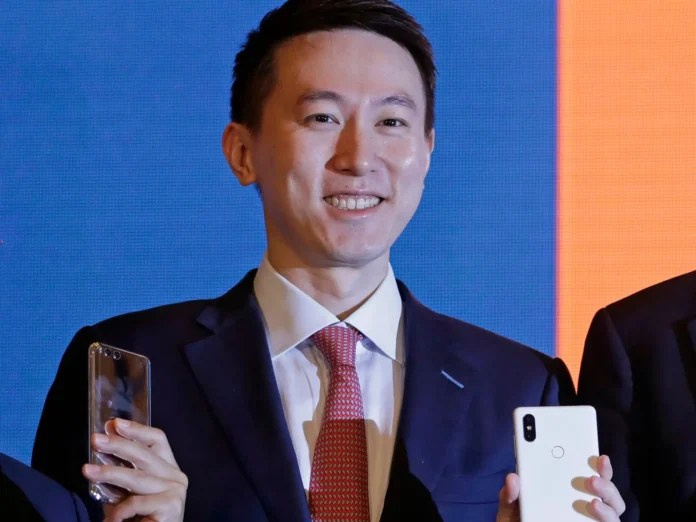TikTok returned to U.S. users just 12 hours after shutting down, crediting President-elect Donald Trump’s actions for its reinstatement.
The app greeted users with a notification: “Thanks for your patience and support. As a result of President Trump’s efforts, TikTok is back!”
TikTok became inaccessible late Saturday night, displaying a message that it was offline and asking users to “stay tuned” for updates.
The app cited a new U.S. law banning TikTok, explaining that users could no longer access the platform due to compliance requirements.
TikTok and other ByteDance-owned apps, such as Lemon8 and CapCut, disappeared from Apple and Google Play stores during the shutdown.
Early Sunday, Trump announced plans to delay enforcement of the ban through an executive order following his Monday inauguration.
Within hours of his announcement, TikTok’s app and website began functioning again, signaling a return for millions of American users.
The platform’s restoration reassured its 170 million U.S. users, many of whom rely on it for entertainment, news, and income opportunities.
Trump claimed responsibility for the app’s return, positioning himself for a potential political victory among TikTok’s largely youthful audience.
TikTok acknowledged Trump’s role in its statement, thanking him for providing clarity and assuring service providers of no penalties.
TikTok CEO Shou Chew plans to attend Trump’s events, including a rally and his inauguration, reflecting collaboration with the incoming administration.
Although the app’s shutdown was brief, securing its long-term presence in the U.S. remains a complex challenge requiring significant negotiations.
Trump stated his executive order would delay the ban’s enforcement, enabling time for a deal to address national security concerns.
He encouraged service providers to continue supporting TikTok, assuring them they would not face legal consequences for doing so.
Trump proposed a joint venture between ByteDance and an American company to safeguard user data while maintaining the app’s operations.
This approach could provide a temporary win for Trump, as he seeks to balance national security and popular demand for TikTok.
Despite these efforts, members of Trump’s party criticized extending the ban, arguing it fails to address fundamental security risks.
Republican Senators emphasized that only severing ties with ByteDance would adequately protect U.S. users from potential threats.
The law banning TikTok originated from bipartisan concerns over ByteDance’s Chinese ownership and its implications for national security.
Trump’s executive order cannot fully overturn the law, complicating efforts to keep TikTok operational without a sale to an American owner.
Service providers hesitated to support TikTok after the law’s enactment, fearing penalties, leading to Saturday night’s temporary shutdown.
Apple removed TikTok from its app store, citing legal compliance, though users who previously downloaded the app retained access.
TikTok’s long-term survival depends on reversing the law or securing a sale to an acceptable buyer, both challenging options.
Potential buyers, including billionaire Frank McCourt and Kevin O’Leary, have expressed interest, though ByteDance resists selling TikTok’s prized algorithm.
McCourt’s group proposed buying TikTok’s U.S. assets without the algorithm, but replicating its success remains a formidable task.
China’s government may consider selling TikTok, with reports suggesting Elon Musk as a potential buyer, though his interest is unclear.
A sale could complicate global access, requiring separate apps for U.S. and international users, but negotiations remain ongoing.
Trump suggested a 50% joint venture to protect U.S. interests while allowing TikTok to remain active under shared ownership.
TikTok’s restoration brought relief to users, but its future hinges on navigating legal, political, and corporate challenges in the coming months.
China’s foreign ministry expressed hope for fair treatment of businesses, urging the U.S. to foster an open and equitable environment.
TikTok’s brief shutdown highlighted its cultural significance, particularly among users who joined during the isolating COVID-19 pandemic.
Influencers expressed sadness over the app’s closure, reflecting its impact on their personal and professional lives over the years.
Many users welcomed TikTok’s return, celebrating the end of its short-lived absence with renewed enthusiasm and shared relief.
Although TikTok is back online, uncertainty looms as legal and political debates continue over its ownership and future in the U.S.


